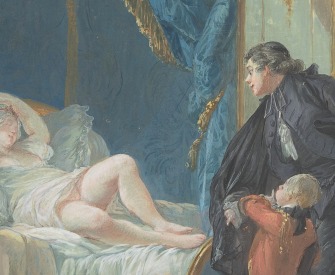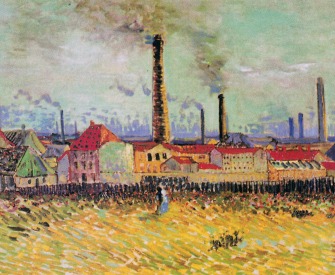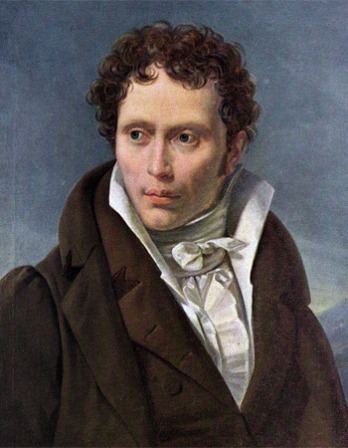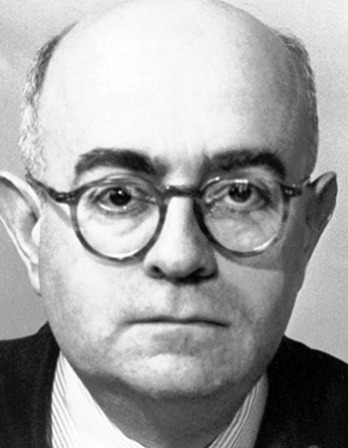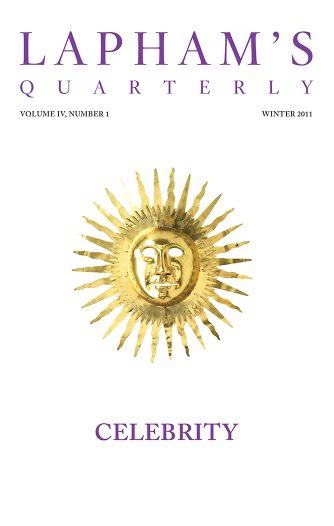It can be said in particular of wonder that it is useful in making us learn and retain in our memory things we have previously been ignorant of. For we wonder only at what appears rare and extraordinary to us.
And nothing can appear so to us except through our having been ignorant of it or through its being different from things we have known, for it is in virtue of this difference that it is called extraordinary. Now even though something which has been unknown to us may be newly present to our understanding or our senses, we do not on that account retain it in our memory unless the idea we have of it is strengthened in our brain by some passion, or alternatively by the application of our understanding, which our will fixes in a particular state of attention and reflection. And the other passions can serve to make one notice things which appear good or evil, but we just have wonder for ones which appear rare only. Accordingly, we see that those who have no natural inclination to this passion are ordinarily very ignorant.
From The Passions of the Soul. Having taken a law degree from the University of Poitiers in 1616, Descartes decided to abandon formal tutors and study “the book of the world.” He was visited by three dreams in 1619 that—he went on to say—revealed to him his destiny: later that year he invented analytic geometry and formulated a universal method of deductive reasoning. Around this time, Descartes became interested in the emergent Rosicrucian movement, later practicing medicine free of charge, one of the brotherhood’s tenets.
Back to Issue

